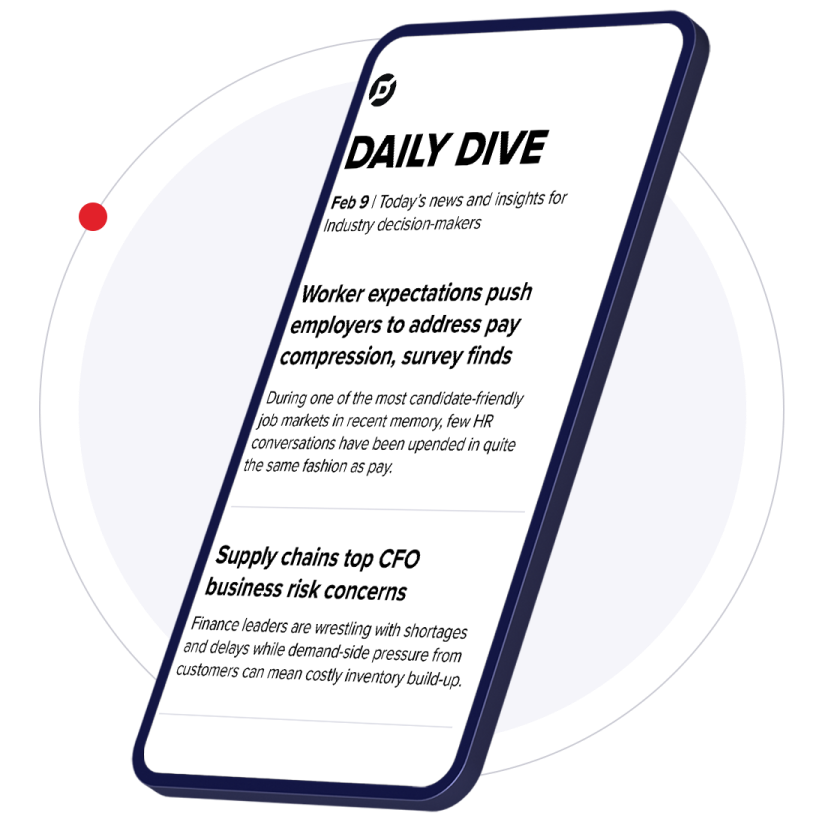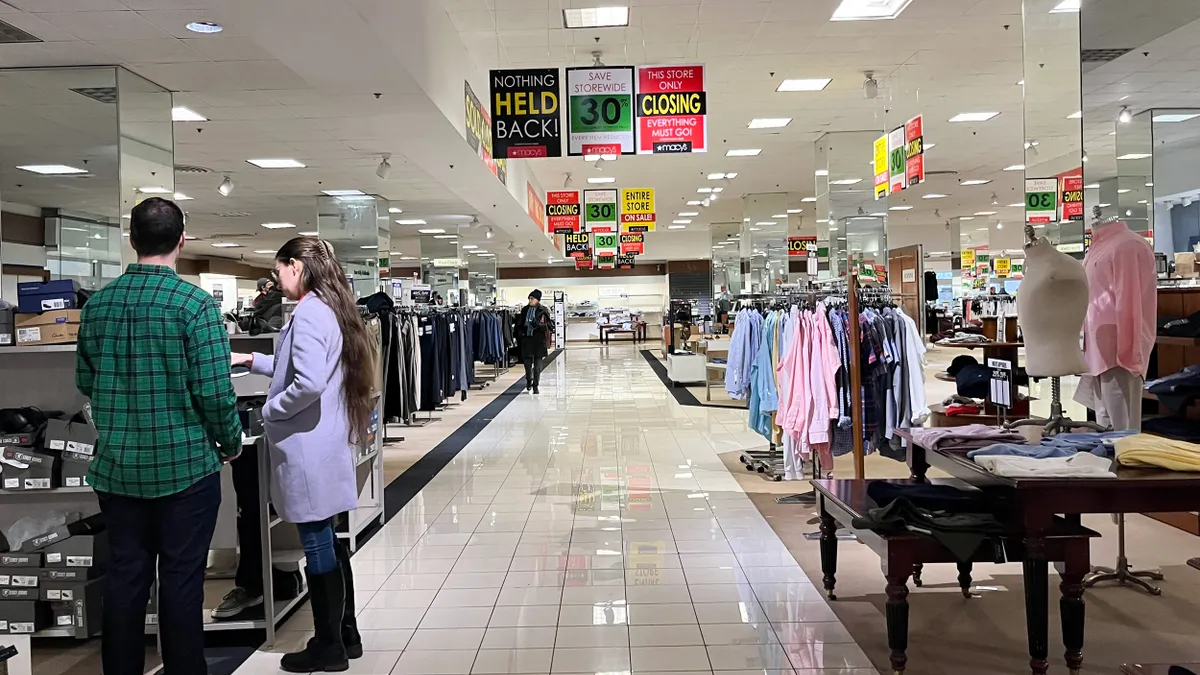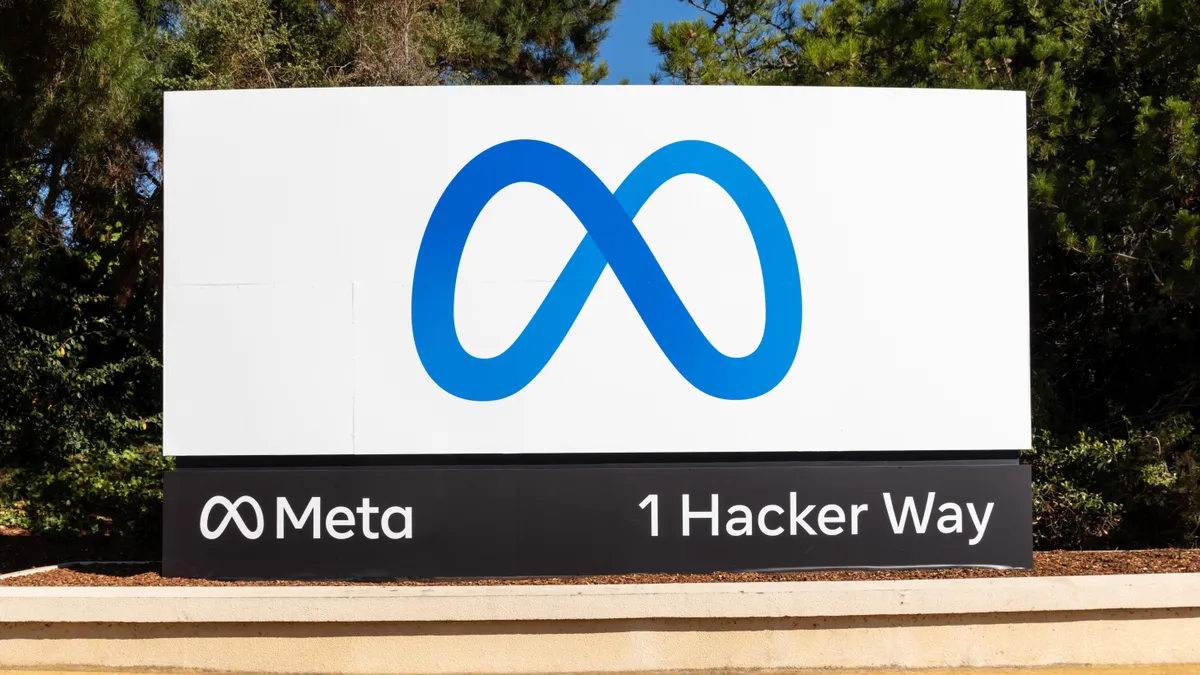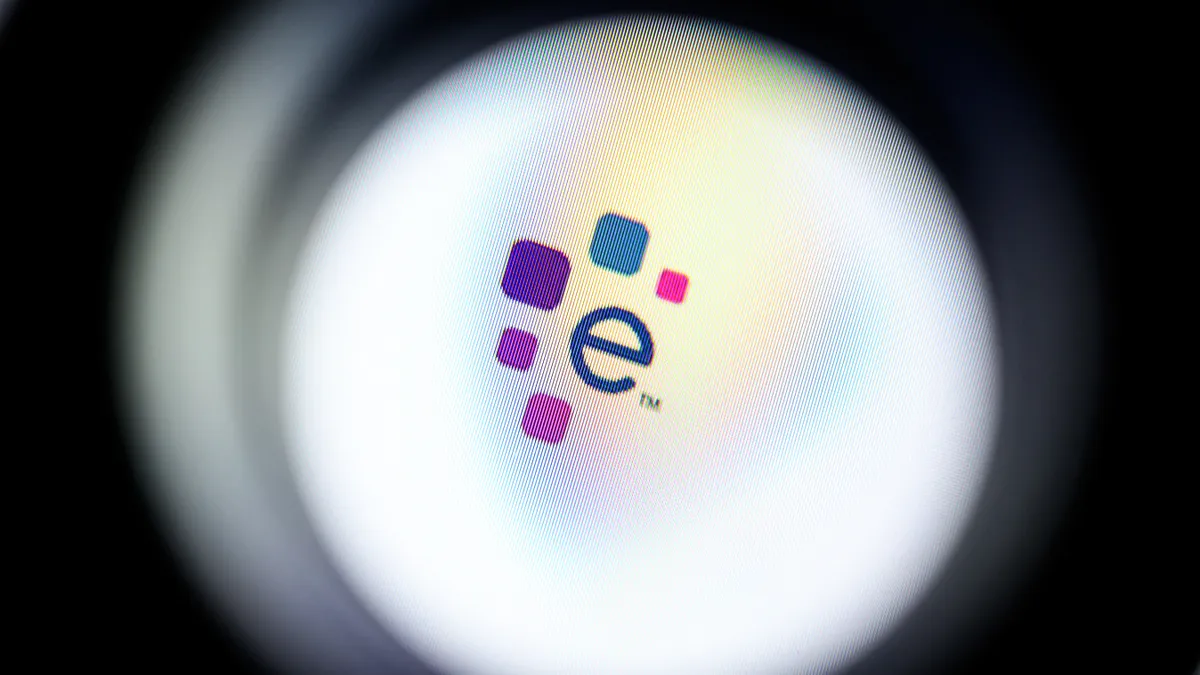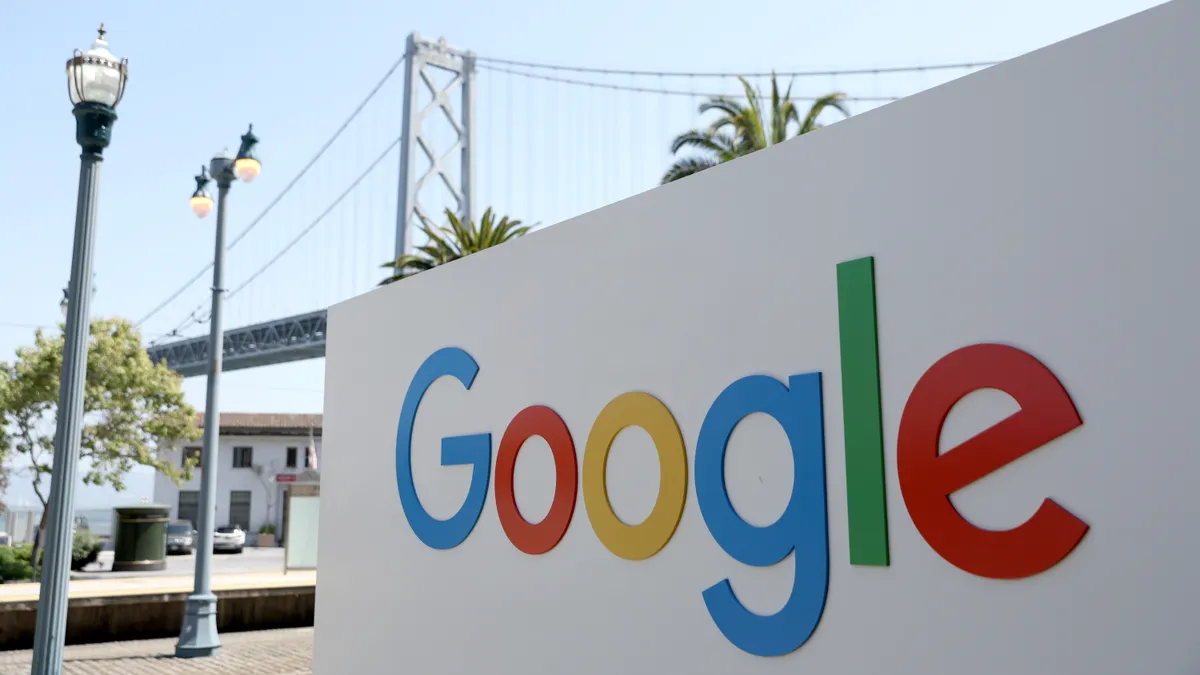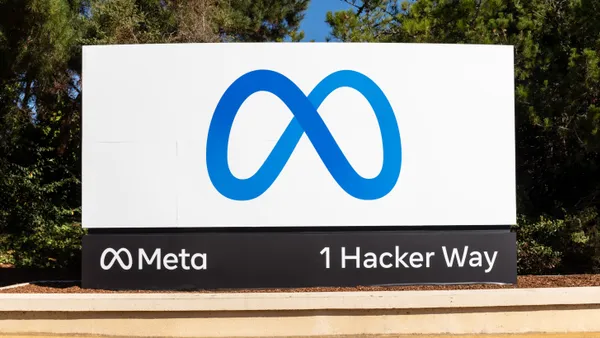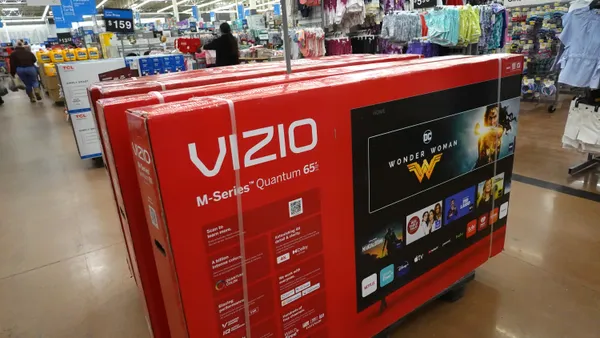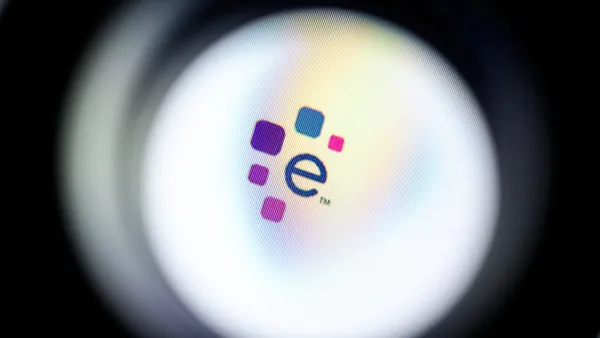Kantar CEO Eric Salama succinctly summed up his vision for the market research company's future under new owner Bain Capital on Thursday, citing a desire for "much more real-time and predictive offers and much faster turnaround."
The executive's comments, made during a conference call providing an update on Kantar's transition plans, arrive as the firm hopes to center more of its business in areas like analytics and behavioral data. Kantar has pushed toward such solutions for years, but indicated there has been difficulty scaling them quickly and efficiently due to pressures impacting parent company WPP.
WPP announced it would sell a 60% stake in Kantar to Bain for $3.1 billion in July. The sale marks one of the biggest corporate belt-tightening maneuvers the embattled ad holding giant has made as CEO Mark Read searches for a path back to growth. Expected to close in early 2020, the deal will see WPP retain a 40% stake and strategic relationship with Kantar.
With the stronger financial support of Bain on the horizon, Kantar looks to reinvigorate itself, including through more aggressive acquisitions and new hires. The accelerated focus on data and tech will also potentially deprecate aspects of Kantar's legacy brand-tracking services, which can take months to show results, and require upskilling for existing employees.
"[B]rand-tracking has been too expensive for some clients and too slow," Salama said when outlining Kantar's holistic brand strategy. "The way to think about [guidance] is: much shorter surveys and the incorporation of many more automated and modular solutions."
Change of pace
As market research stalwarts such as Nielsen face rumblings of a breakup, Kantar's pivot to being more tech-oriented makes sense.
A point of discussion on the call was Kantar's plans to ramp up its acquisition activity. While Salama declined to name specific companies in Kantar's sights during a Q&A session with reporters, he called out e-commerce, analytics and behavioral data as areas of interest.
"Within the WPP context, the budgets for acquisitions have been very limited and we've really been out of the market for probably three or four years," Salama said. "We would expect, in all of our priority areas, to really look into stepping that up now."
Kantar has roughly 40 existing solutions, commercially available or in beta, related to artificial intelligence and machine learning, which Salama cited as increasingly crucial to its business. At the same time, he nodded to how developing such tech internally can be a difficult process — a problem that acquisitions help solve.
"We're looking at capabilities that will enhance what we do for clients, which we can't develop ourselves ... in as quick a period of time as we need to," Salama said.
M&A value in the marketing sector reached $33 billion in 2018, a 144% year-on-year jump, according to data from consultancy R3, and the space appears to be keeping up momentum in 2019. However, Salama affirmed that Kantar's approach to acquisitions will be more deliberate — a possible nod to the pains affecting WPP.
"One of the things that we won't be doing is just buying more of the same — to just get bigger for the sake of getting bigger," Salama said. Kantar's prior owner has been busy consolidating a vast, complicated network of agencies that was built out over decades, but has grown cumbersome amid client losses and cost-cutting from brand marketers.
Kantar expects its broader workforce to expand following the completion of the Bain deal as well, with new hires focused on areas like data analytics and engineering. The company will help retrain some existing employees to meet the demands of the tech being invested in, according to Salama.
"We expect our overall workforce to grow but the mix to change," Salama said. "We don't have any specific targets to reduce the overall number of people."
Why Bain wants Kantar
When asked how much Bain will invest in Kantar, Salama declined to share figures. But with the deal, the private-equity firm gains a company with desirable clients around the world in categories ranging from CPG to telecommunications and social media.
"They saw an industry full of potential," Salama said of Bain. "I think we all see clients wanting to be data-driven or insight-driven marketing companies. A lot of clients are building up their own capabilities, but need the type of services and products and offers we provide in order to be able to power those things."
Salama called out the strength of Kantar's relationships with U.S.-oriented tech firms like Google and Snap, but also local players, like Alibaba in China — an emerging market for growth and one where Kantar is now piloting its Worldpanel Plus solution.
The emphasis on big tech clients suggests that Kantar, rather than competing more closely with major digital platforms that lean on their data and analytical strengths, is looking to ramp up complementary services to them and their advertising partners moving forward.
Salama pointed to how many tech brands, including Google — which he called a top-five global client — are focusing less on the "what" of data and more on the "why" of how to apply it, which is where Kantar sees an opportunity to layer in some of its specialties. The executive positioned Kantar's ability to bridge the what and the why as an advantage, not just against traditional rivals like Nielsen and Ipsos, but also consulting firms like Accenture, which have encroached further on the market research turf in recent years.
A newer self-service portal, Kantar Marketplace, stood out as an example of a more diverse product the company is looking to scale faster under Bain. Marketplace is considerably cheaper — 33-40% — than Kantar's full-service solutions, and can provide same-day insights. More than 100 clients use Marketplace currently, Salama said, including some surprisingly large tech firms.
"When we first started in this area, we thought that this would really appeal to SMEs — to small companies who couldn't afford our services," Salama said. "But actually some of the big players have become the biggest users."




